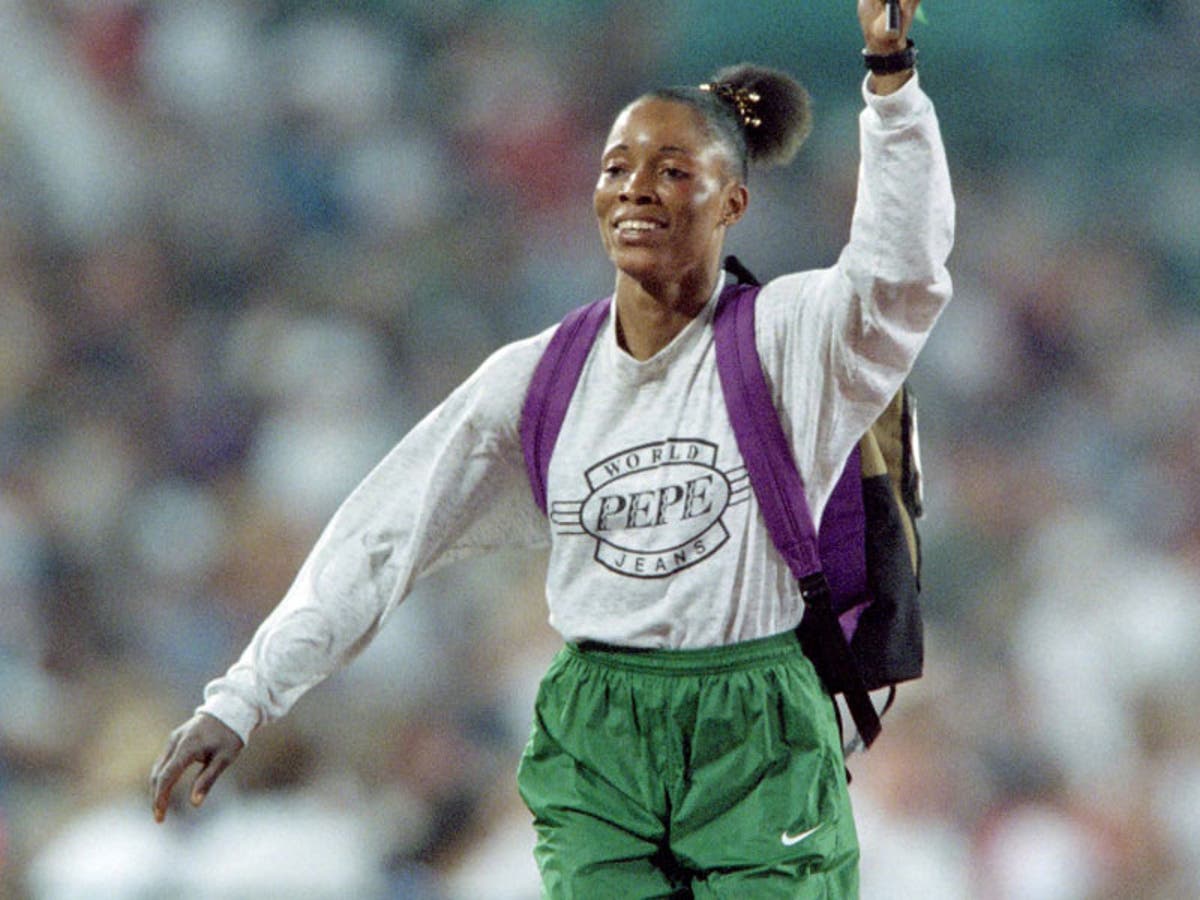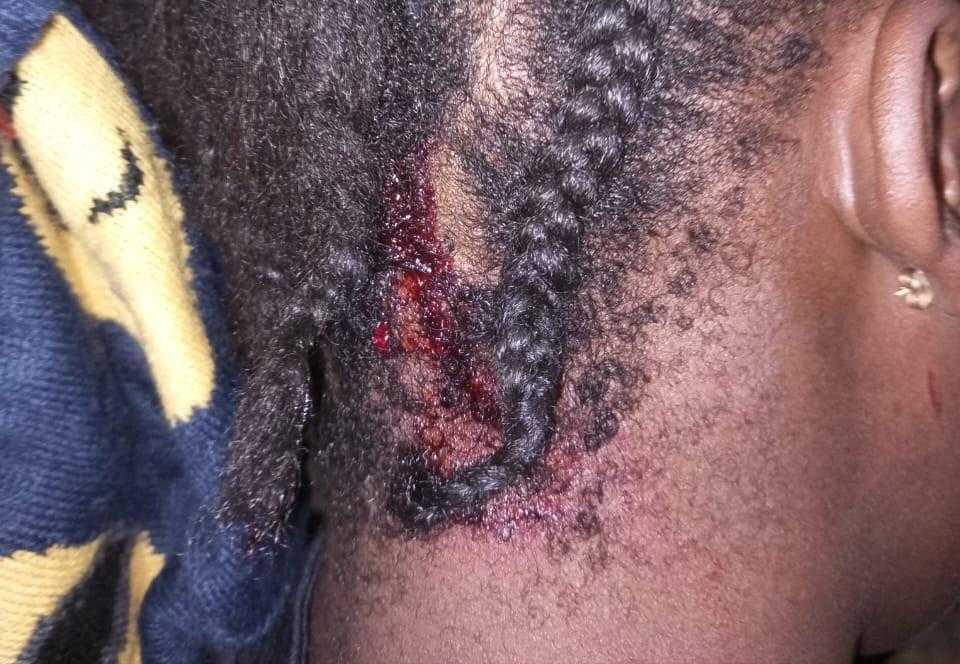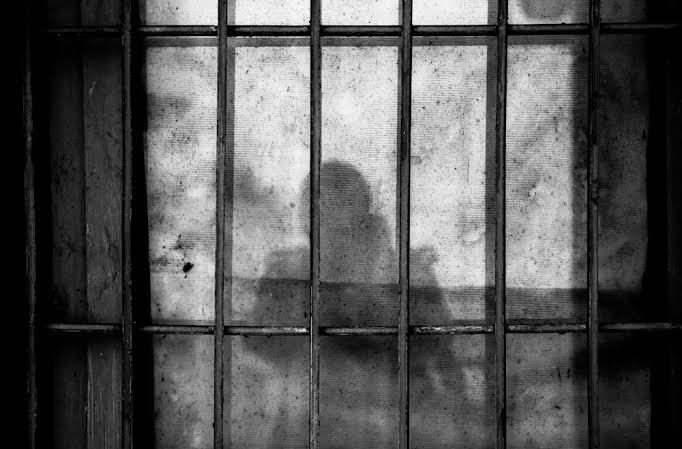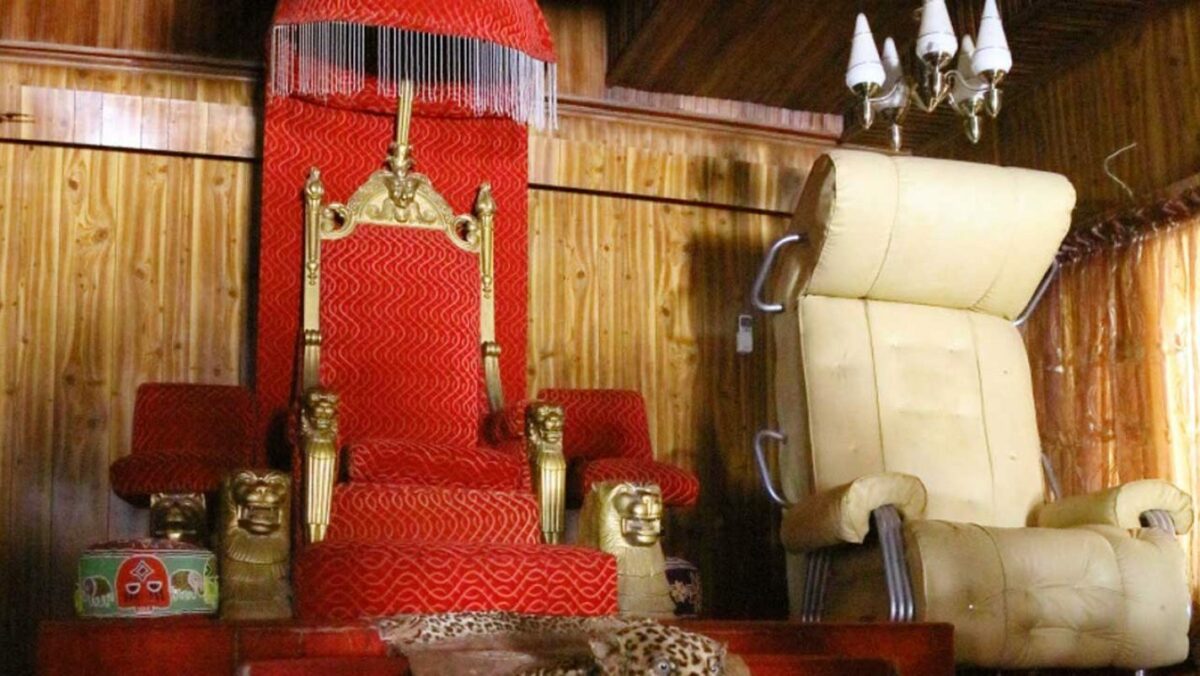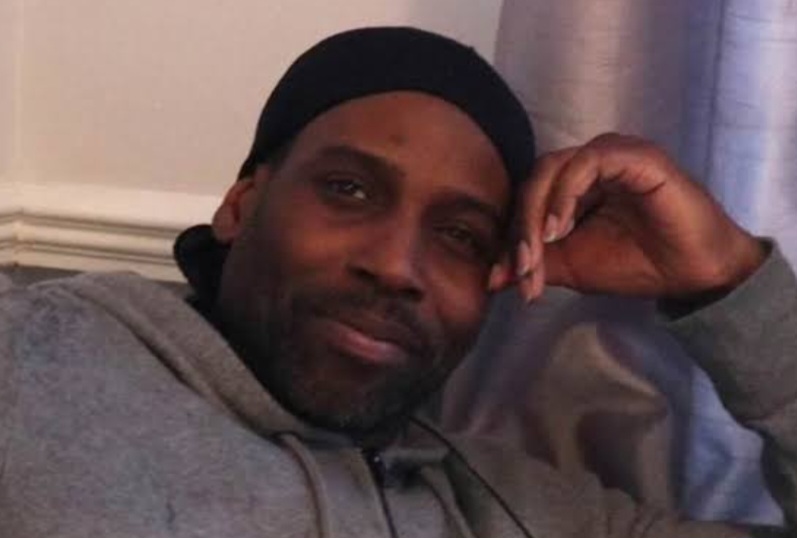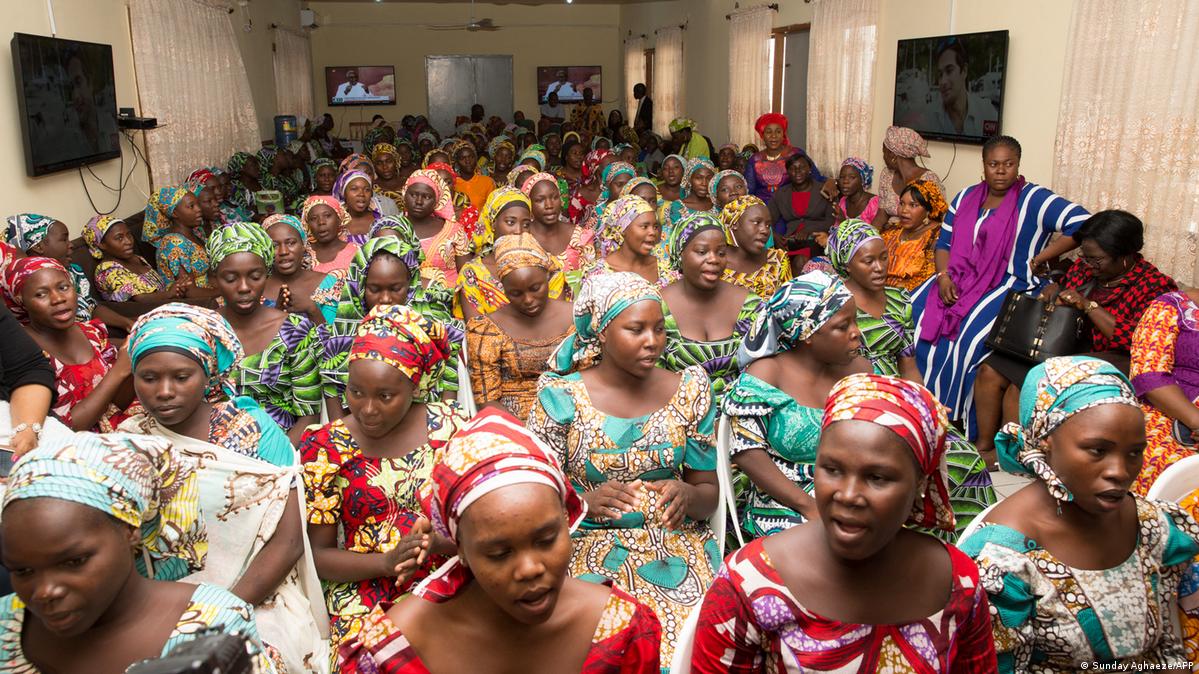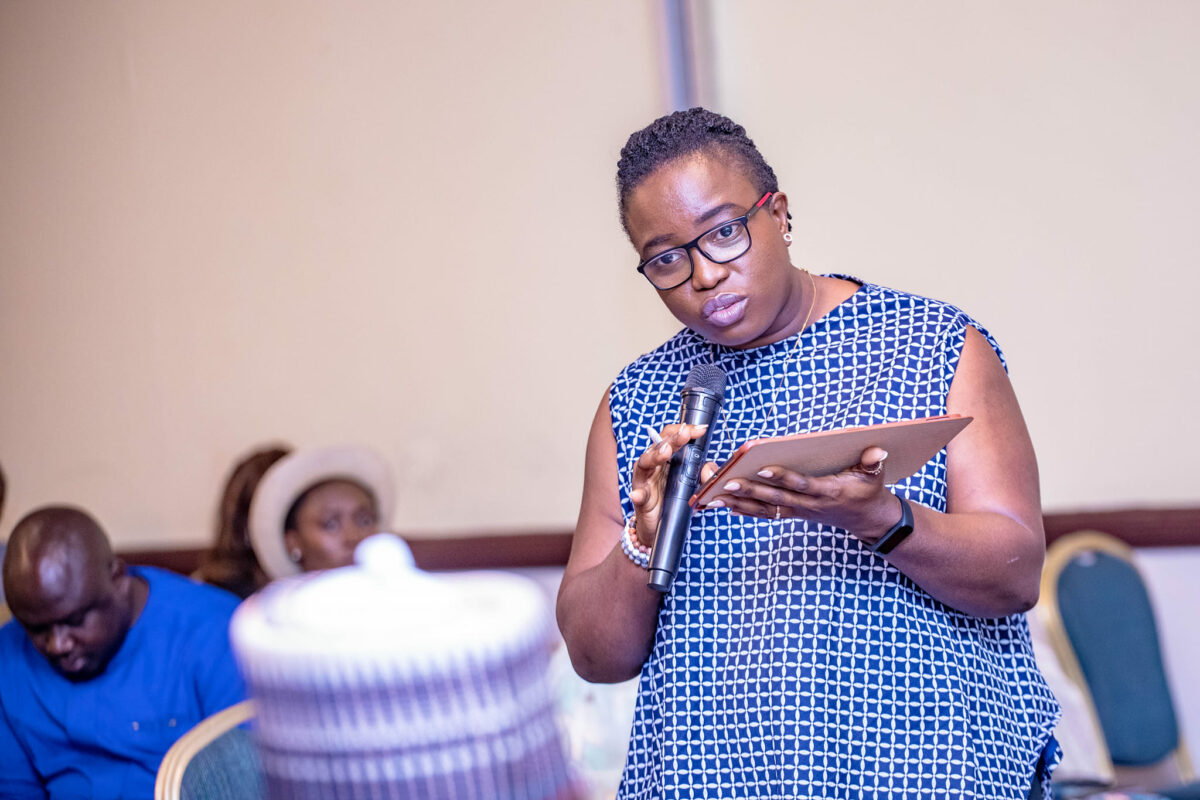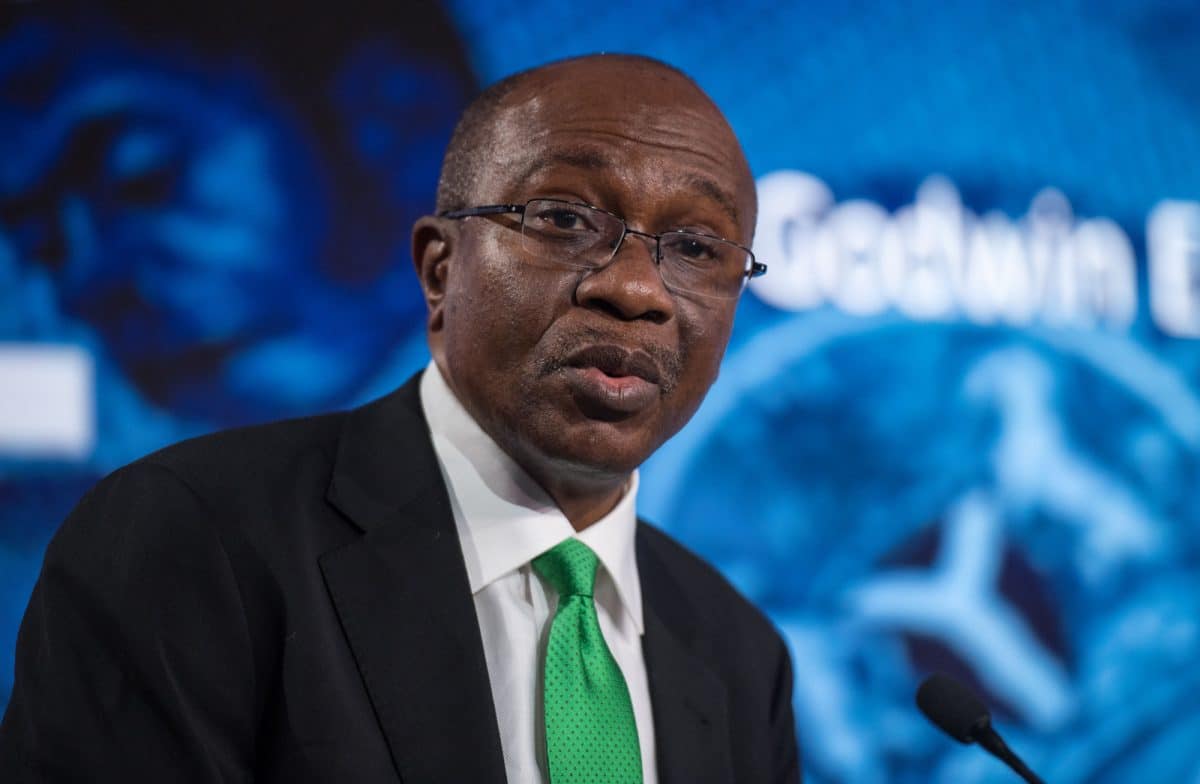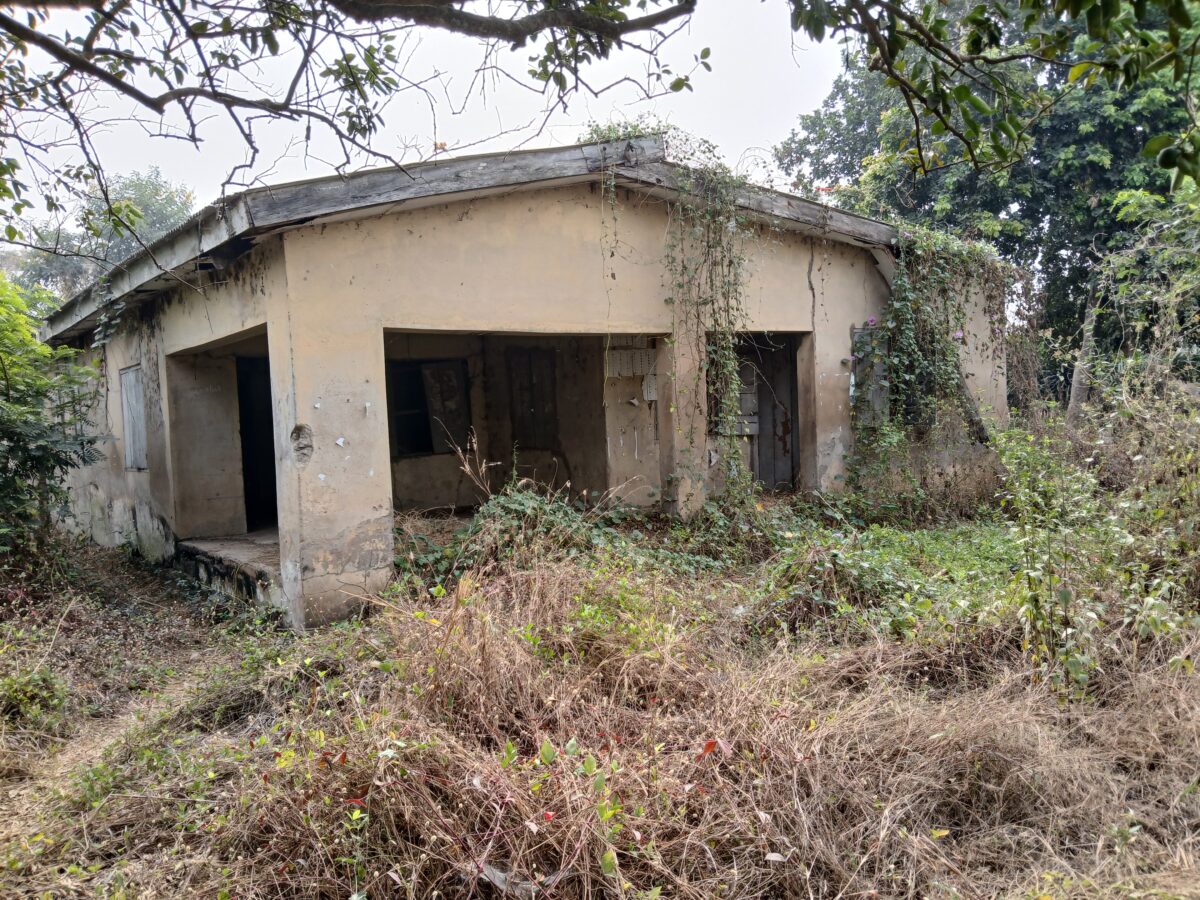Chioma Ajunwa, Atlanta 1996 Olympic gold medalist and first black woman to win a gold medal at the games in long jump, has revealed that she still hasn’t received the house she was promised by the then Lagos government of Olagunsoye Oyinlola.
Speaking on Sunday afternoon on ‘The Chat’, a Channels Television programme, Ajunwa also said how she had to retire early because Nigeria did not take care of her when she had injuries.
Ajunwa suffered an injury at the finals of the World Championship in Spain, but like many athletes who have injuries when representing the country, she was not taken care of.
“I thought that my country would have taken care of me, but they never did,” she said.
“When I came back I kept on going to the athletic federation, then the ministry; they never helped me. If my country had come to my aid, I wouldn’t have retired when I did.”
When she won the first gold medal for Nigeria, Ajunwa was given a national award, the Member of the Order of the Niger (MON), and was promoted from the rank of an Inspector to an Assistant Superintendent 1 (ASP1) by Gen. Sani Abacha, the then Head of State. She said she equally received N1 million.
Olagunsoye Oyinlola was the military administrator of Lagos State at the time and gave a three bed-room house for the gold medalists from the Olympics. However, Ajunwa said she was told she wouldn’t get it because she is not a Lagosian.
“I was not even given the house much less having it taken back,” she said in response to whether the house was taken back from her.
Ajunwa said she still felt bad about not being given the house and felt she was more of an object of ridicule compared to other colleagues who switched citizenship to other countries.
Ajunwa, an officer with the Nigeria Police Force which she joined before being an athlete, said that it was through the Police she made the national camp for the first time in her life.
In 1992 when she was banned from competing for failing a drug test, despite maintaining her innocence, it was the Police that paid for the drug tests she was to take to make her eligible to compete in the 1996 Atlanta Olympics.
She revealed that the Nigeria Police was the reason she ignored calls to compete for other countries and instead returned to Nigeria.
“I came back to Nigeria to do police work, to appreciate them, and to give back to the police that made me,” she said.
Subscribe
Be the first to receive special investigative reports and features in your inbox.


